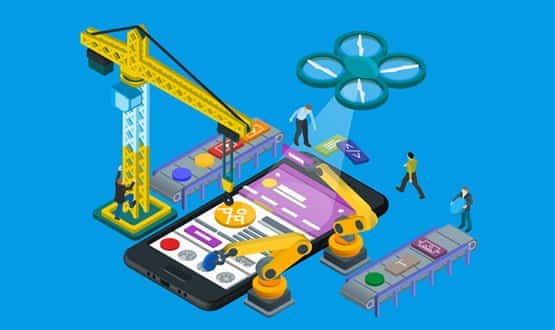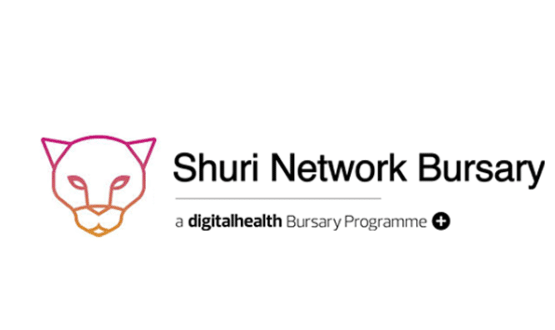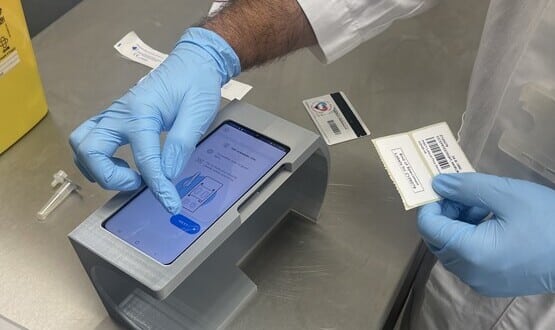Doctors helped to build and launch own healthcare apps

Doctors will now be able to build and launch their own health apps through a toolkit developed by UK digital health specialists, Inhealthcare.
The company’s chief executive Bryn Sage described the toolkit as “a programming language for digital health” and a major-breakthrough in programming technology. “We believe this is a world first in healthcare technology.”
The toolkit provides an easy-to-use set of building blocks – offering multi-channel connections between patients and central databases such as the NHS Spine and GP systems via Inhealthcare’s national digital healthcare platform.
Inhealthcare say a group of clinicians in the North East of England have used the toolkit to develop an app for the vaccination team to help run their clinics.
Using the toolkit they created a digital service that targets people at risk, contacts them at home, books them into a flu clinic, and then tracks each patient to ensure they were successfully vaccinated.
The end-to-end design process was completed within a day, and claimed to have cost benefits compared to traditional software development methods.
“A healthcare app can cost tens of thousands of pounds and many months to develop and has no guarantee of success. Our toolkit can create a secure app in hours at a fraction of the cost with invaluable input from clinicians,” Sage said.
It is the latest innovation from the stable of businesses owned by Peter Wilkinson, the Yorkshire entrepreneur responsible for pioneering internet companies including Planet Online and Sports Internet.
“This invention has the potential to transform the way that the NHS deals with long-term conditions and gives doctors the power to quickly and easily take control of their growing workloads”, Wilkinson said.
He said if the government is serious about delivering a modern healthcare system it should embrace this opportunity and deploy the system throughout the NHS.
The new technology enables people with ideas for apps or service improvements to develop, test, roll out, monitor and manage their own healthcare services and predict demand and outcomes.
Wilkinson said these services can empower patients to take greater control over their own health, while reducing pressure on public spending from ageing populations with long-term conditions.
The toolkit offers multiple communication channels to patients, including mobile apps, web portals and automated telephone calls. Data from patients is transferred into hospital and GP systems.
Sage explained the innovation has had its set of challenges. “Safety and security requirements around healthcare means that there is significant spend and red tape before you’ve even got your idea off the ground.”
“Now imagine that someone else has already done all that expensive infrastructure and all you had to do was work out what your idea needed to do.”
“We have created the world’s first programming language specifically for digital care, and it’s so simple to use that new digital health ideas and apps can be created and deployed in hours.”
He said care is traditionally the domain of clinicians and technology the domain of engineers.
“Until now there has been no overlap. Our programming language will allow the two domains to merge and meet in the middle.”
“We want to encourage and enable collaboration between IT professionals and clinicians in healthcare organisations because we believe it will lead to great innovation for the benefit of patients and the public purse.”





3 Comments
I think people who are talking about Longterm problem have not been guided properly. Any one and everyone who is thinking of investing in hospital, equipment, device and digital health must know “Modern medicine was made possible by antibiotics”. This profession does not have anything to offer if we do not have drugs to fight infections. I can say this because I have worked in acute and intensive care during Antibiotic era. Please check articles and see statistics about “Life expectancy”. I was shocked to know people died before 45 years in 1900, and so soon you will start seeing platoed graph start declining.
Might be better if I was helped to perform brain surgery.
This is all a bit mis-leading. An digital health service requires such as an app, requires administrators, both data, service, and governance. It requires ongoing management and maintenance. It requires responses on SLA’s and a whole raft of things that dont fit into ‘development and security’, including end user adoption and training. Also GP’s every where are pressed for time and the feasibility of them using this seriously is in doubt when they are drowning with current workload. Digital Health adoption need less gimmics and more sensible, pragmatic approaches.
Comments are closed.